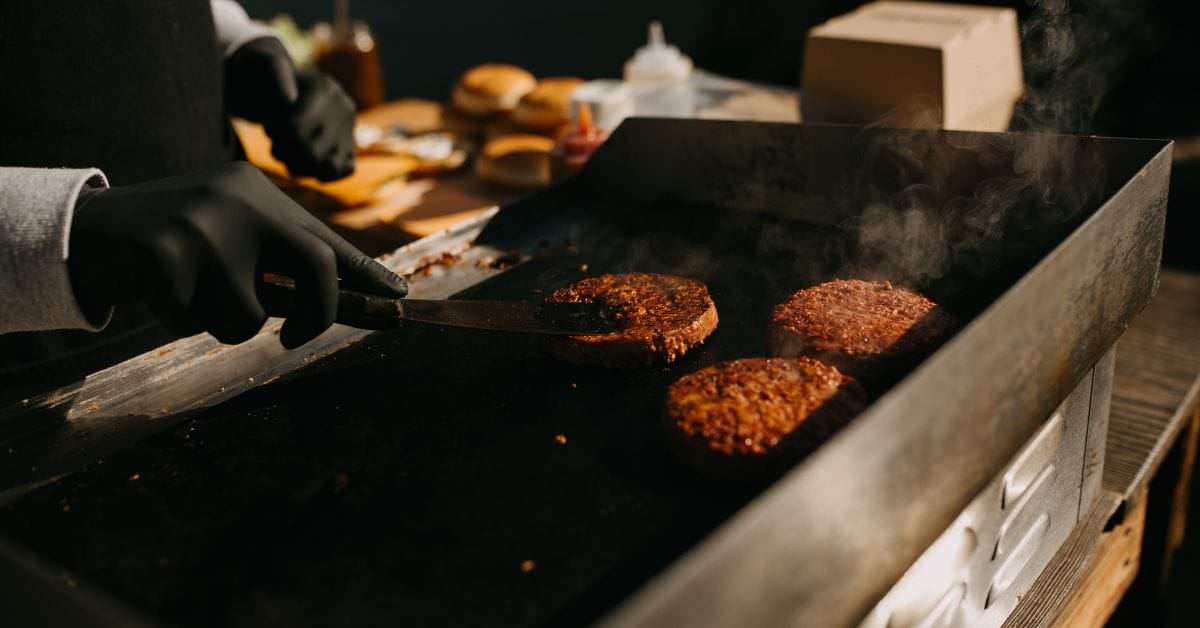One of Copenhagen’s most iconic burger joints, Gasoline Grill, is set to close as the city plans a large-scale underground renovation. The closure marks the end of the road for a location that has become a beloved spot for locals and tourists alike.
A Historic Burger Spot Faces Demolition
Since opening in 2016, Gasoline Grill has operated out of a retro gas station on Landgreven 10 in central Copenhagen. The unique setting became an instant landmark and helped catapult the burger bar to international fame. But the popular location will soon be no more—Copenhagen municipality has confirmed that the gas station and the burger bar will be torn down to make way for the renovation of an underground parking facility situated directly beneath it.
The city plans to invest more than 115 million Danish kroner (approx. 16.5 million USD) in the refurbishment project, which is scheduled to begin in 2026. The decision has caused widespread disappointment, especially for the restaurant’s fans and its founder.
From Local Hangout to Global Destination
What began as a small culinary experiment quickly became a cultural phenomenon. Gasoline Grill not only served burgers ranked among the best in the world, but it also turned an ordinary gas station into a hub of urban culture. The location attracted not just hungry Copenhageners, but also travelers from as far away as Germany and France who made pilgrimages to sample the burgers.
The restaurant’s unique atmosphere became tied to life milestones for many, from wedding photos in front of the pump to couples visiting in full bridal attire after exchanging vows. The site has evolved into more than just a place for food—it’s been a part of people’s lives and city identity.
Designated, Then Removed, from Protection List
At one point, the gas station building was classified under the city’s “Byens Sjæl” (The City’s Soul) initiative, which aimed to protect 50 architecturally and culturally significant structures in Copenhagen. The classification meant that any effort to demolish the building would first require public consultation.
However, the building was later removed from this list, removing that layer of protection and clearing the way for redevelopment. That decision has further fueled discussions about what kind of legacy the city wants to protect—and at what cost.
What’s Next for Gasoline Grill?
Despite the closure of its original and most symbolic location, Gasoline Grill will continue operations in Greater Copenhagen. The chain currently runs nine other restaurants throughout the metropolitan area, ensuring loyal customers won’t have to go without their favorite burgers.
Yet, the loss of the Landgreven location is seen as more than just a business hit—it’s a blow to the brand’s identity. According to the company, this original spot has played a foundational role for its growth and reputation.
Political Discussions and Future Possibilities
Local politicians have taken note. In the city’s 2025 budget, plans were outlined to ensure that after the parking complex’s upgrade, the land currently occupied by Gasoline Grill could potentially be used again for “public-facing service businesses.”
Any future rights to operate on the site would have to go through a public bidding process, meaning there’s no guarantee Gasoline Grill will return to the same spot. Still, city council members have expressed a wish to preserve what they believe to be an important part of Copenhagen’s character.
Balancing Development and Culture
The city’s priorities are clear: the aging parking infrastructure must be modernized. However, the situation also raises questions about how urban redevelopment projects should weigh the importance of cultural and historical landmarks. In this case, a beloved burger bar built into a repurposed gas station has become a symbol for how food, architecture, and city life intersect in unexpected ways.
Still, with renovation work not expected to begin until 2026, fans of Gasoline Grill have some time left to take one last bite at the historic location. The fate of what comes afterward remains uncertain—but one thing is clear: this isn’t just any burger joint. It’s a slice of Copenhagen history.




